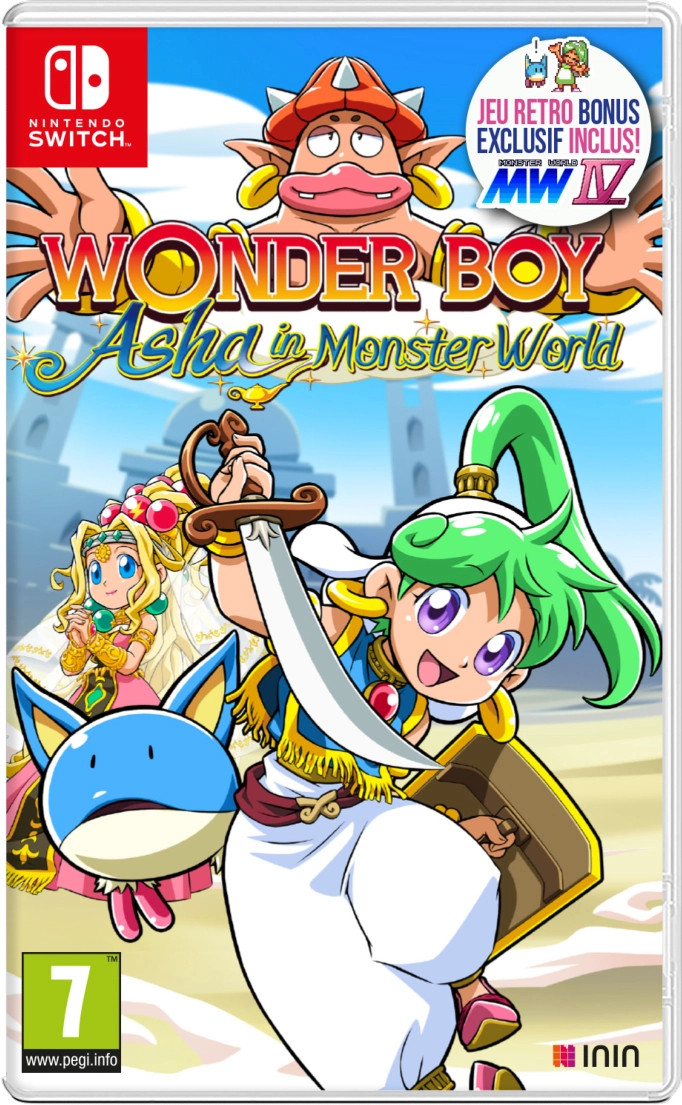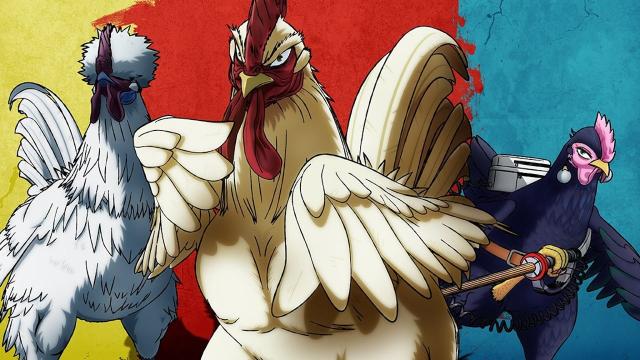The Yakuza/Like a Dragon series, now a big hit, had a rocky start due to its unconventional theme. According to series creator Toshihiro Nagoshi, Sega initially rejected the game multiple times in the early 2000s because it didn't align with their family-friendly focus. Nagoshi persistently pitched the concept until it was eventually forcefully approved by Sega. The game, focusing on the Japanese criminal underworld, was developed by Sega's CS1 Research and Development team, later known as Ryū ga Gotoku Studio. The first Yakuza was released for PlayStation 2 in 2005 and has since become a successful franchise, now including eight mainline games and several spin-offs. IGN praised the latest installment, Like a Dragon: Infinite Wealth, as one of the best in the series.
Why was the Yakuza game initially rejected by Sega?nThe Yakuza game was initially rejected by Sega because the company wanted to create family-friendly games that would appeal to a broad audience, including children and women, and cater to overseas markets. The theme of the Japanese criminal underworld didn't fit this target market.
The Yakuza series, known as Like a Dragon in Japan, has grown significantly since its inception. The games are known for their deep storytelling, character development, and immersive portrayal of Japanese culture. They often blend serious crime drama with quirky side activities, offering a unique gaming experience. The latest entry, Like a Dragon: Infinite Wealth, continues to build on this legacy with its engaging turn-based combat system and rich narrative.










Comments
No comments yet. Be the first to comment!